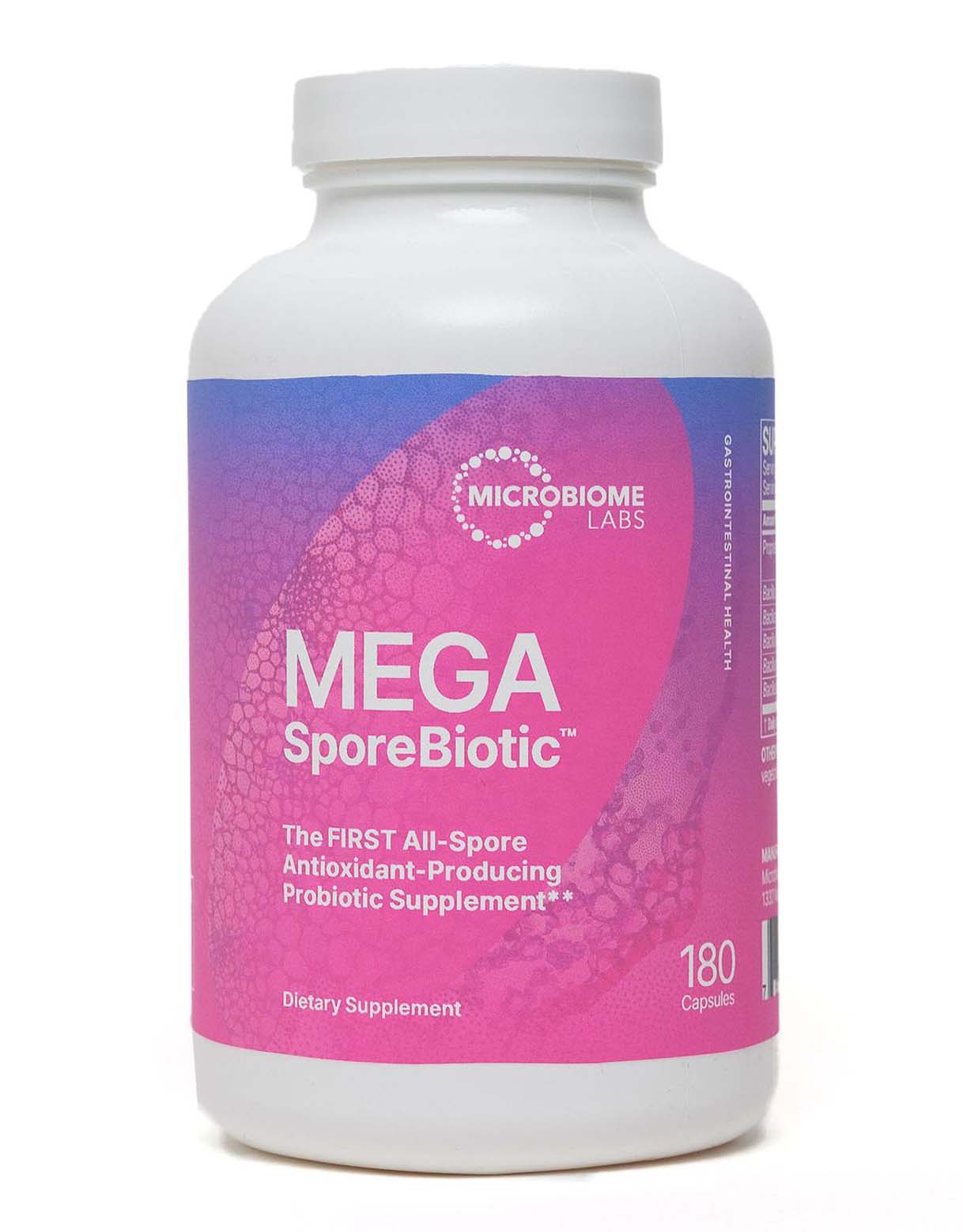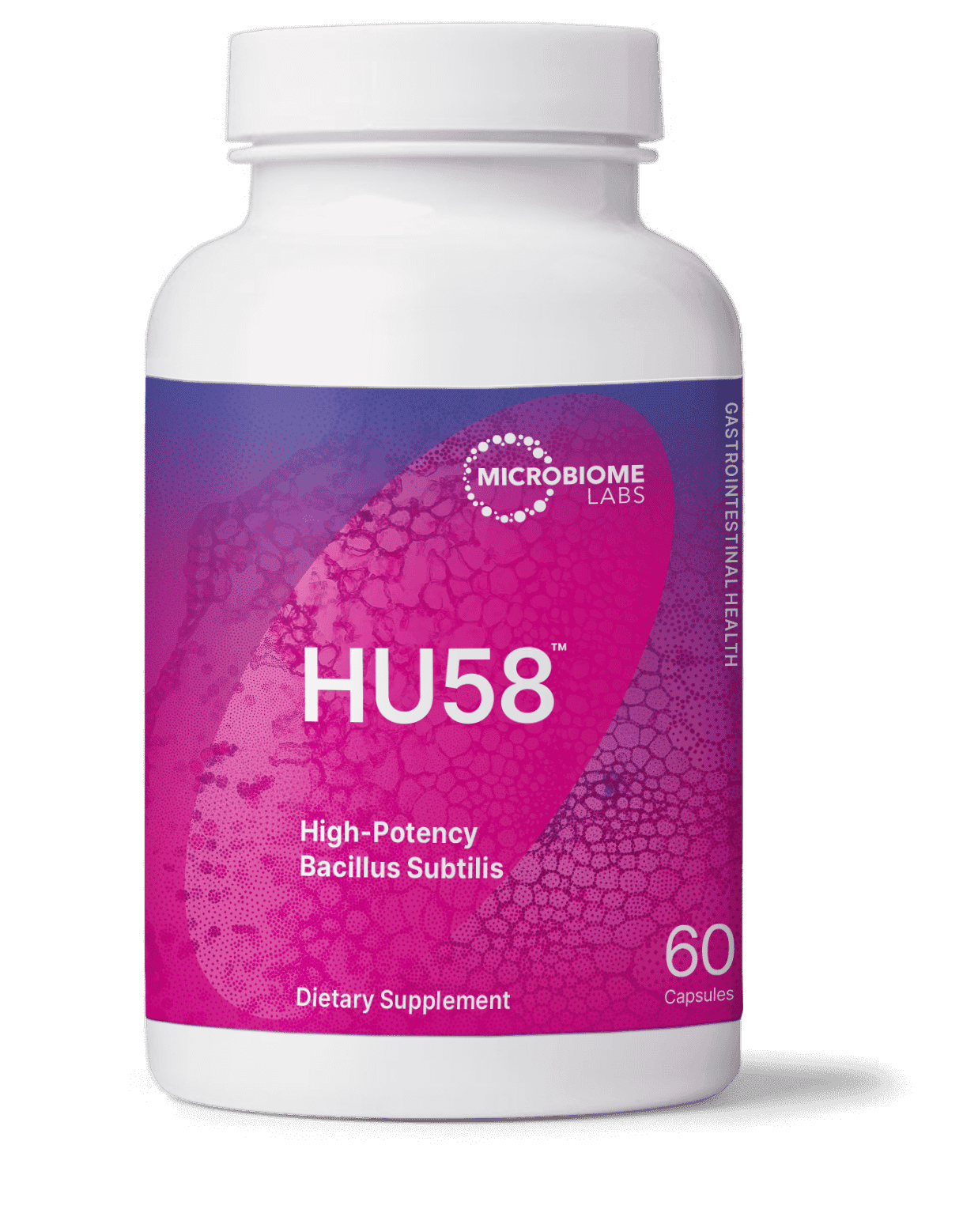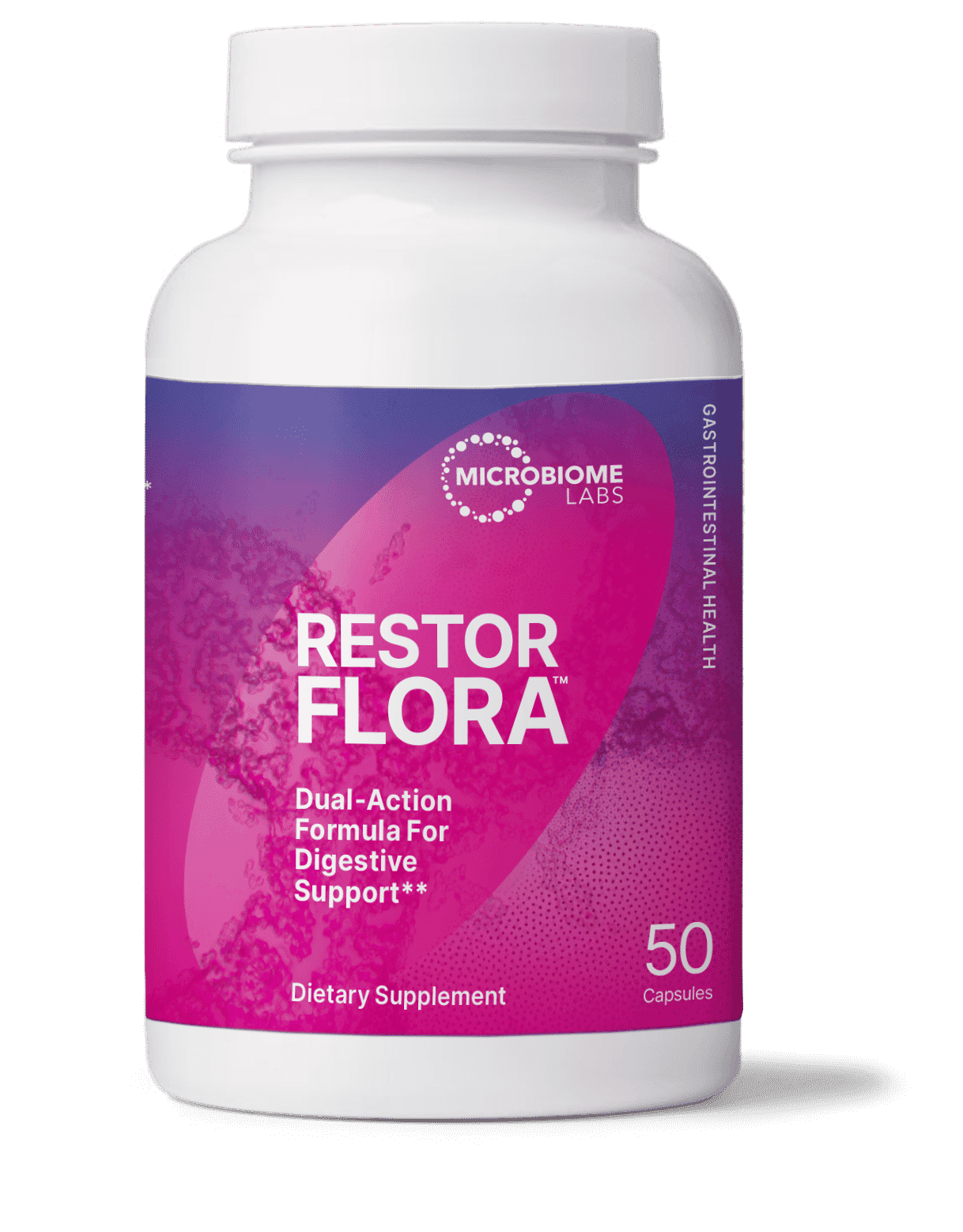Description
PRICE INCLUDES SHIPPING (within US-only). In Stock. Free Shipping Insurance. Lowest Retail Cost Allowed by Manufacturer. Satisfaction Policy.
Vaginal BiomeFx is a new testing technology recently launched by Microbiome Labs.
The vaginal microbiome (VMB) is a dynamic microecosystem consisting of bacteria, yeast and fungi. These microbes protect the vagina against infection, support vaginal mucosal health and may also support healthy pregnancy outcomes. Unlike the gut microbiome, a healthy VMB thrives on low microbial diversity and is typically dominated by one of the following Lactobacillus species: L. crispatus, L. gasseri, L. iners and L. jensenii.
As the name implies, the primary function of Lactobacillus species is to produce lactic acid to support vaginal acidity. L. crispatus, L. gasseri, and L. jensenii do a great job at this. L. iners, on the other hand, is more unpredictable. This is because L. iners produces L-actic acid, rather than D-lactic acid, which is less successful at promoting vaginal acidity.
VMBs dominated by L. iners have more fluctuations in community composition and are more susceptible to infection. Lactobacillus species also produce bacteroicins (antimicrobial compounds) and take up real estate along the vaginal walls so that unwanted microbes cannot thrive. These mechanisms support thriving mucosal health to stave o vaginal dryness and discomfort. If Lactobacillus abundance drops, unwanted microbes have an opportunity to take over. This can lead to a thinning of the vaginal mucosa, vaginal dryness, abnormal discharge, itching, pain, increased risk of infection and other adverse symptoms.
General Healthy Guidelines for Vaginal Health
Lifestyle Recommendations and Tips
- Avoid extreme exercise.
- Condoms and sexual hygiene may reduce the occurrence of vaginal dysbiosis.
- Wear loose fitting, breathable undergarments.
- Practice stress-reducing techniques include cold water plunges and/or applying cold water to the face, belly breathing, slow movements, yoga, spending time with people who make you feel relaxed and comfortable, and spending time in nature.
- Avoid intravaginal washing, such as douching.
- Avoid excessive, recurrent use of antibiotics, if possible. Alternatively, consuming probiotics while on an antimicrobial therapy can support vaginal acidity and redox potential of the vaginal fluid.
- Traditional tampons and pads are shown to disrupt the vaginal microbiome.
- While alternatives have not been clinically studied, clinicians often recommend the use of reusable menstrual cup made of medical grade silicon.
- Avoid sitting in chlorinated water for extended periods of time.
- If you regularly smoke tobacco, talk to a support group or therapist about quitting.
- Support estrogen recycling within the gut by consuming spore-based probiotics and precision prebiotics. These supplements support gut microbial diversity and help maintain estrobolome functioning.
Nutrition Guidelines and Tips
- Consume raw and lightly cooked vegetables including kale, spinach, cauliflower, carrots, beets, sea vegetables and seafood.
- Fermented foods such as yogurt, kim chi, kombucha, and tempeh may be beneficial for the vaginal microbiome.
- Specific nutrients are also associated with a healthy vaginal microbiome, such as vitamins A, C, D, E, beta carotene, calcium, zinc, selenium.23 These nutrients can be found in yellow and red fruits and vegetables, fortified milk and eggs, nuts, and seeds.
- Diets rich in sugar and fat is also linked to a higher incidence of bacterial vaginosis, while vegetarian diets are linked to increased diversity in the VMB.,10
- Polyphenols and flavonoids are shown to support urogenital health and may even reduce the risk of UTI. These nutrients are found in brightly colored fruits and vegetables, particularly in cranberries, pomegranate and other red colored fruits.



Upon ordering a kit, client information will be registered. Follow kit instructions and mail the sample back to the lab. The reported processing timeline to receive results in as little as 2 weeks!
Test results can take up to 5+ weeks. Delays due to shipping crises, pandemic guidelines, weather, and labor shortages are out of our control and may delay results outside of reported windows. Follow-up testing is recommended 2-6 months apart.
This is a functional test to determine the overall diversity of the gut microbiome, key microbe ratios, and other functional criteria.
This is not a diagnostic test - yet a valuable tool to see how well your gut is functioning, and more importantly, how it is responding to your diet and lifestyle protocol.
The same CosmosID technology/database analysis is used by the FDA to identify foodborne pathogens and is validated to return strain-level identification of a range of microbes and their genes.
View a Sample Report (layout and information can update at any time)
You are responsible for the interpretation of the results.
Sample articles and protocols provided on the store or blog are for educational purposes and are not intended to treat, prevent, manage, or diagnose disease.
Further research and inquiry are your responsibility.
Testing is not available for international clients outside of the US. Forwarding addresses cannot be used.
Refunds are not available for any test kit that is received by the lab or undergoes processing - the registration cost for unused kits is subject to our existing return policy (see link in footer).




























































































